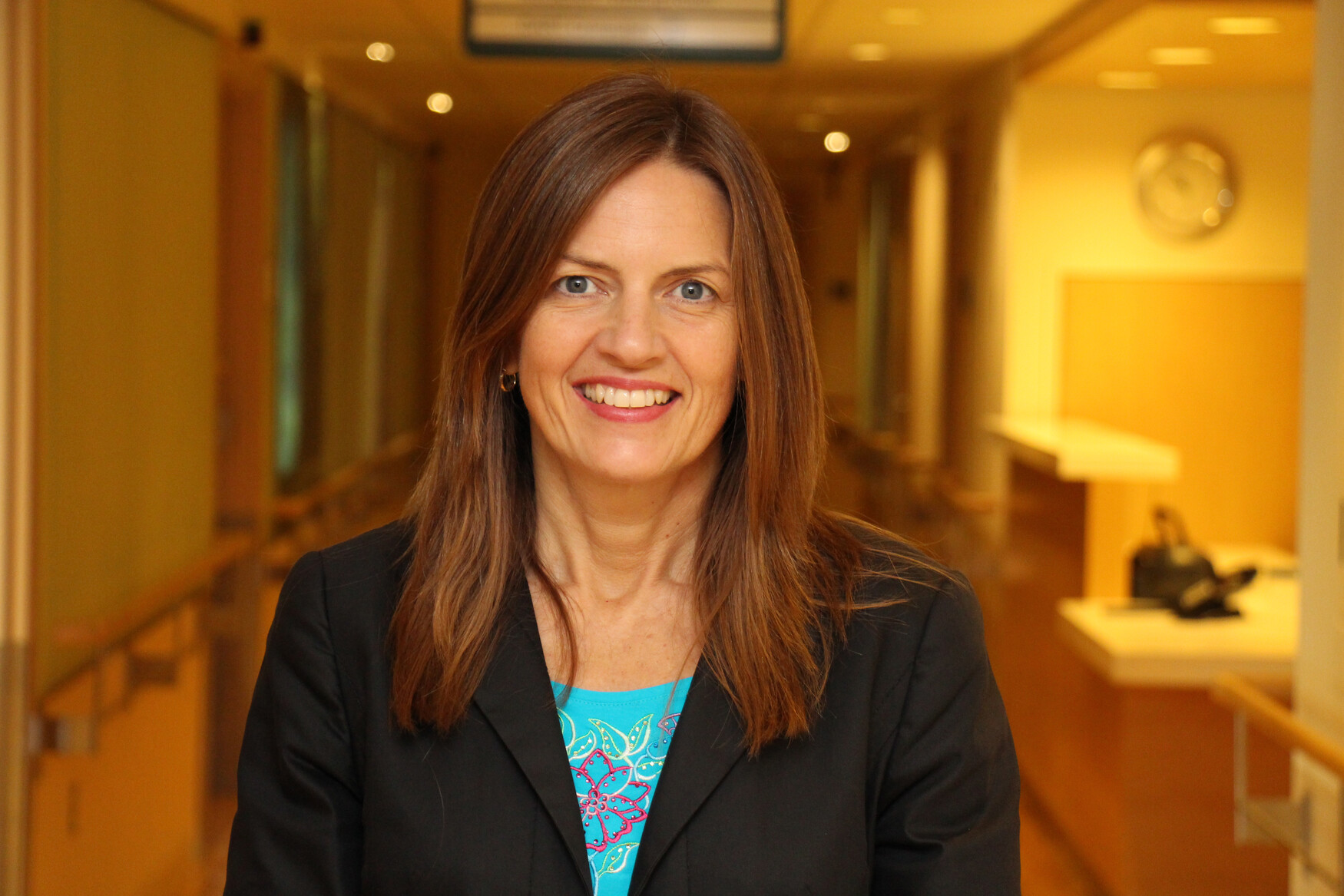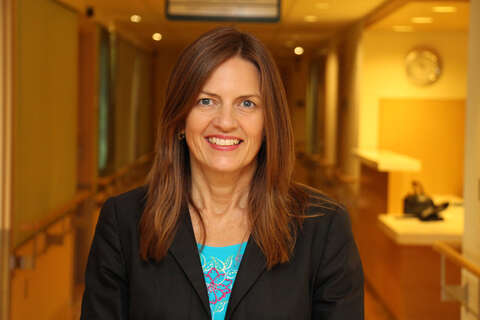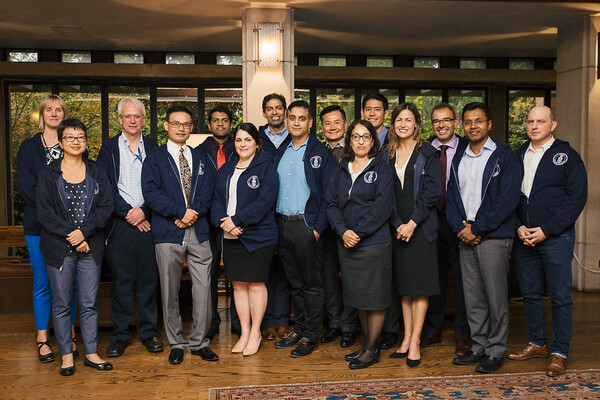My Circuitous Route to Academic Palliative Care

Camilla Zimmermann

The realization that palliative care was the field for me came through being profoundly influenced by the ideals of Balfour Mount, a McGill urologist, who was a central figure in the palliative care movement of the 1960s and 70s. He gave a notorious annual lecture to the first year medical class. At the time, McGill was known for a lack of class attendance and a reliance on student-organized note-taking clubs (“NTCs”). Each NTC member would transcribe one or more lectures that the NTC organizers would photocopy and distribute to the rest of the class. The super-keen would also attend class, but the rest of us found class superfluous. Word got around, however, that the one class to attend was the one by Dr. Mount.
This was no ordinary lecture. It involved a rousing narrative punctuated by musical interludes with contemporary music including Pink Floyd’s, The Wall. The message, compelling for me at the time, was that we lived in a death-denying society and that we had forgotten our mission, in the words of 19th century physician Edward Livingston Trudeau, “To cure sometimes, to relieve often, to comfort always.” He spoke of Cicely Saunders and Elizabeth Kübler-Ross as both mentors and personal friends. He cited Viktor Frankl and Herman Feifel. Although he did not mention his own accomplishments, we all knew of them. He was the Canadian “father” of palliative care, had coined the very term, and in 1974 had opened the pioneering palliative care unit (PCU) at the Royal Victoria Hospital (RVH).
A few of us decided to volunteer at the RVH PCU. We did this once a week in the evenings, and were welcomed by the nursing staff and older volunteer regulars. On arrival, we would listen to a tape-recorded message by the nurses, letting us know which patients would benefit from being visited by a volunteer. I looked forward to those simple discussions with patients. At a time when I often felt diminished and unimportant as a medical student, this was a quiet haven where I could help just by listening.
I now knew what obscure field of medicine I wished to pursue. However, there was no clear path to lead me there. Although palliative medicine had been a Royal College specialty in the United Kingdom since 1985, there was no specific training program for palliative care in Canada or even in the U.S. I considered the possibilities: Psychiatry? Family Medicine? Internal medicine? In my fourth year of medical school I settled on psychiatry, and organized all of my remaining electives accordingly. But when the time came for the match, I decided I wanted a more “holistic” approach. I chose Family Medicine, thinking that this would give me a good general medical background and that I would then pursue psychiatry afterwards. I did not mention to anyone but close friends my plans of ultimately pursuing academic palliative care, which most considered to be an oxymoron.
Having started a residency in Family Medicine, I knew right away that this was not the correct choice for me. I liked to delve into the details of problems and found gratification from looking after patients who were seriously ill. I found little chance to do that in my weekly clinic where my main task was maintaining the health of those who were well. As well, I learned that it might be impossible, rather than only complicated, to do a second residency in psychiatry. I decided to transfer from Family Medicine into Internal Medicine, switching places with a classmate who wanted to change in the opposite direction. I continued to keep my palliative care aspirations to myself, and was reminded why by the replies of those with whom I occasionally shared my goals. “I didn’t realize you were interested in palliation.” “Don’t they just give them morphine?” “How morbid!”
Although I felt confident that I was heading in the right direction, my path continued to zig and zag. I contemplated specialty training in oncology or geriatrics to further supplement my general medical training. In the meantime I was married and my husband, a neurology resident, was offered a staff position at Toronto Western Hospital. After a year as chief medical resident at Women’s College Hospital, during which I also had a baby girl and passed my Royal College Quebec and American Board exams in internal medicine. I began a fellowship at Baycrest in geriatric medicine and also enrolled in a master’s degree in clinical epidemiology.
During a night of soul-searching while doing an in-house call at Baycrest, I decided that neither geriatrics nor clinical epidemiology were for me. I wanted to treat adults of all ages, rather than only those over a certain age, and I was inspired by what I regarded as a highly relevant method of research for palliative care: grounded theory. I finally felt compelled to “come out of the closet” as an aspiring palliative care physician, and made what were to be the final transfers. Academically, I moved my master’s from clinical epidemiology to the Department of Public Health Sciences’ Social Science and Health program, which had a reputation for excellence in qualitative research. Clinically, I was directed to Larry Librach, seeking a fellowship in palliative care. He informed me that while there was no official fellowship program, I could learn on the job at Sunnybrook Health Sciences Centre, where he would soon lead the hospital’s first program in palliative care. I was glad to take that on and was humbled to find that in my eight years of undergraduate and graduate medical training, I had not learned anything about managing pain, let alone other complex symptoms.
After a few years and two more children, I moved from Sunnybrook to help build the nascent palliative care program at Princess Margaret Hospital. I defended my master’s thesis, passed my American Board exam in Hospice and Palliative Medicine, started writing papers and applying for grants, and completed a PhD in clinical trials (under the mentorship of Drs. Ian Tannock, Gary Rodin and Malcolm Moore), using my Canadian Cancer Society-funded trial on early palliative care as the substrate for my research. I finally felt confident that my tortuous, seemingly unending journey was complete.
Although I have undoubtedly learned – perhaps even benefited – from my twists, turns and tumbles en route to academic palliative care, there is no doubt that I would have chosen an organized specialty training program, had it existed. It is a privilege for me to work in this rapidly developing field, and I am excited to welcome our first residents in the new Canadian Royal College training program in palliative medicine.



